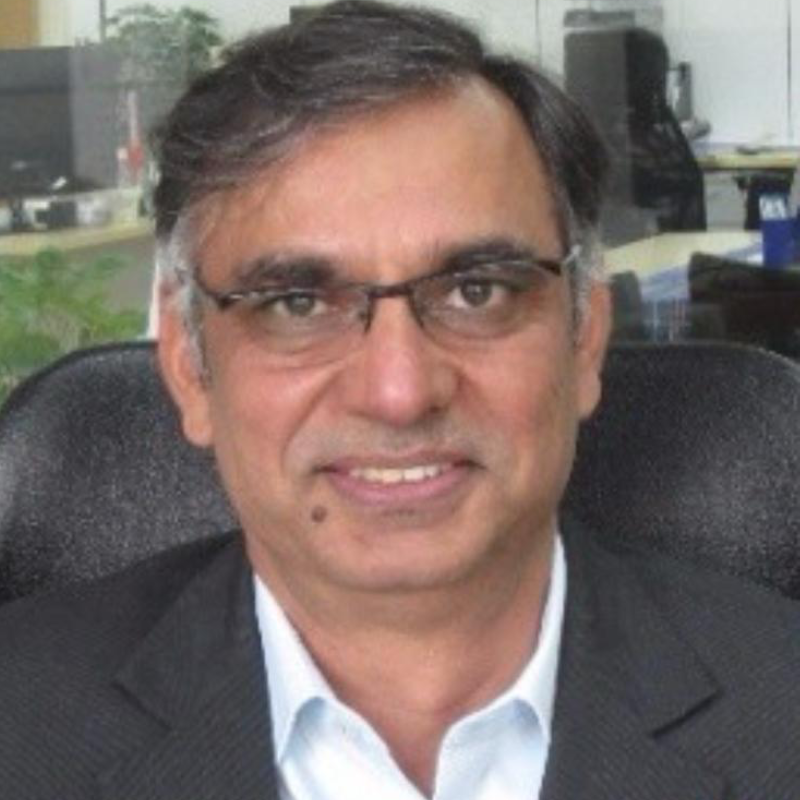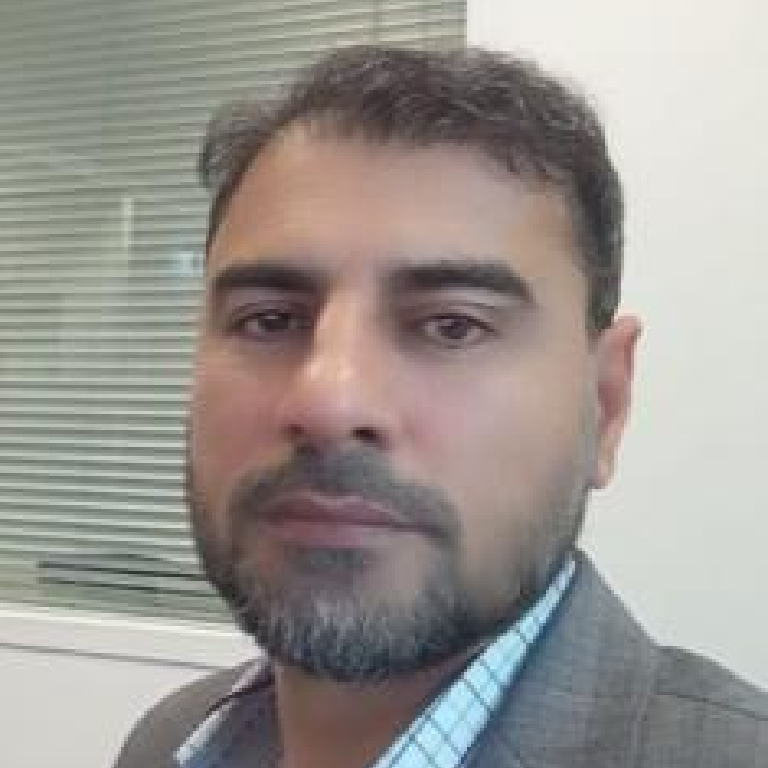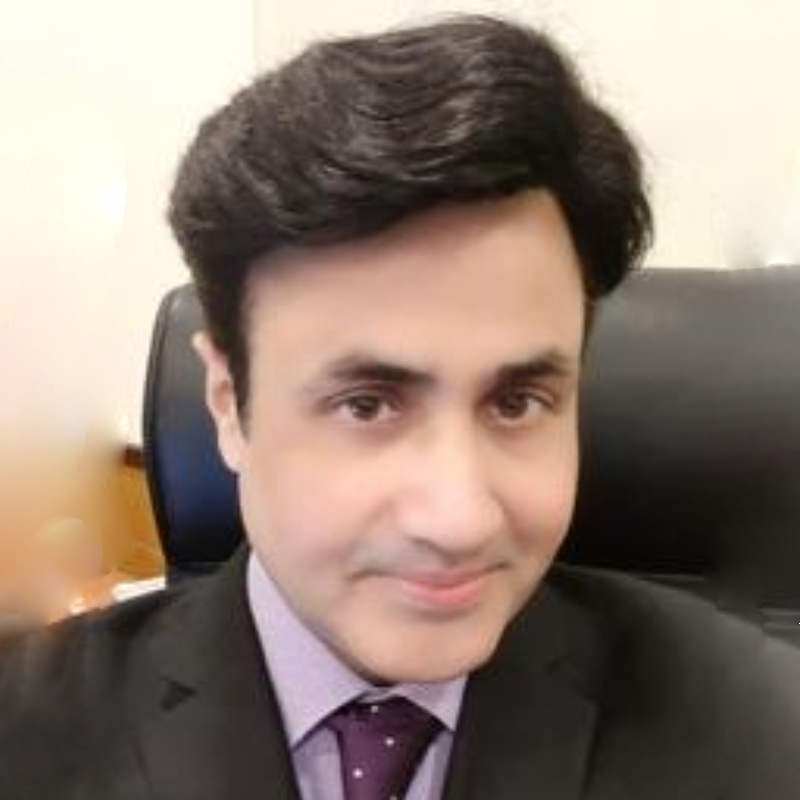Team & Resources
Home > Team & Resources
Our People & Knowledge Base
Meet the Team Behind IRL & Explore Our Resources
At IRL, we believe that people and knowledge are at the core of sustainable change. Our diverse team of leaders, advisors, and consultants brings deep expertise across sectors, while our resources provide practical tools and frameworks to strengthen learning and development worldwide.




Experts and Consultants
Our People & Knowledge Base
Meet the Team Behind IRL & Explore Our Resources
At IRL, we believe that people and knowledge are at the core of sustainable change. Our diverse team of leaders, advisors, and consultants brings deep expertise across sectors, while our resources provide practical tools and frameworks to strengthen learning and development worldwide.
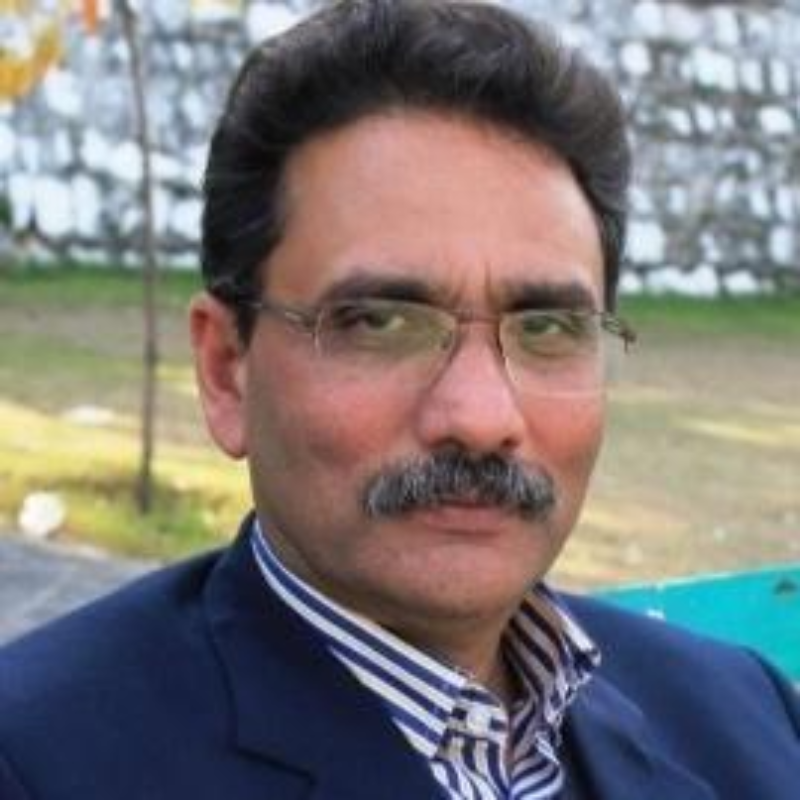
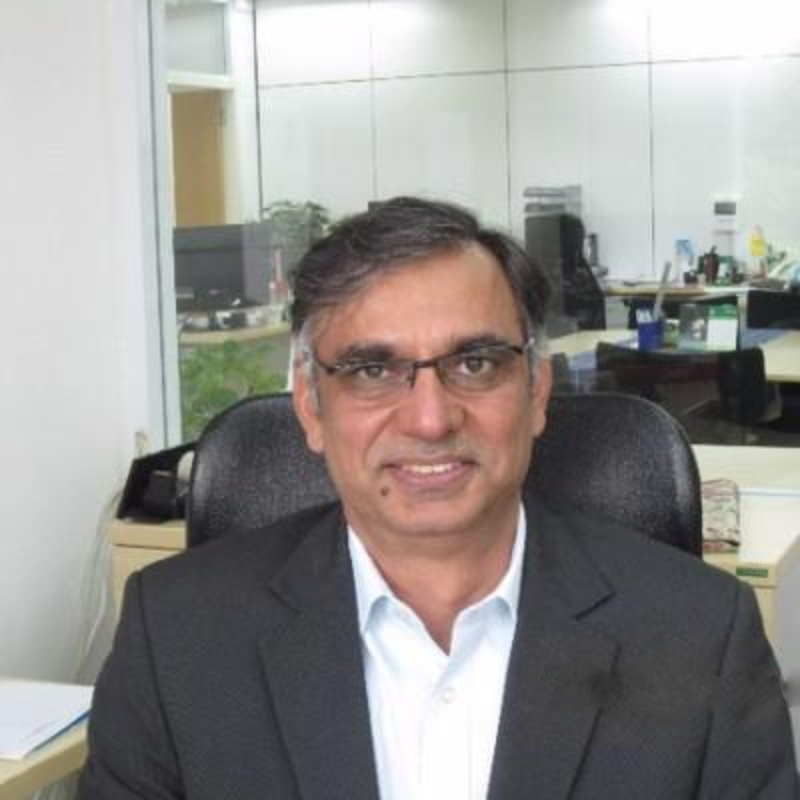
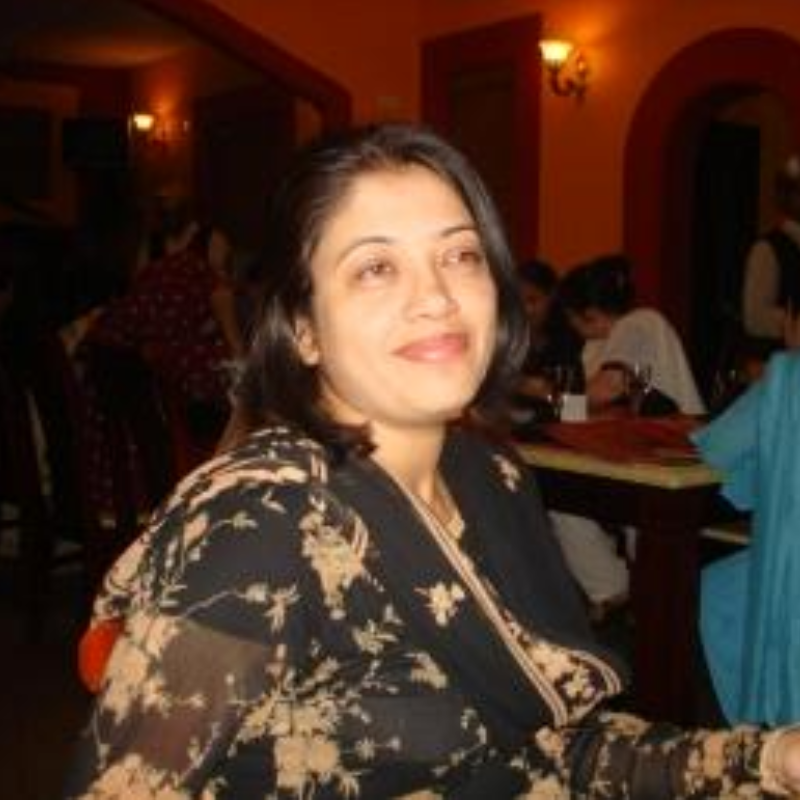
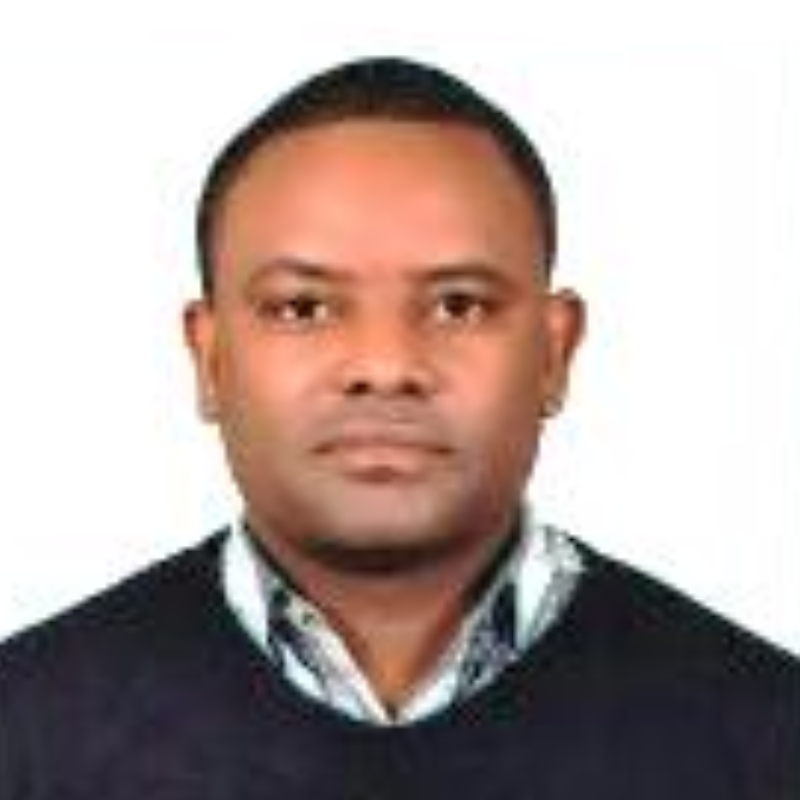
Affiliated Institutions & Partners
partners and Stakeholders






